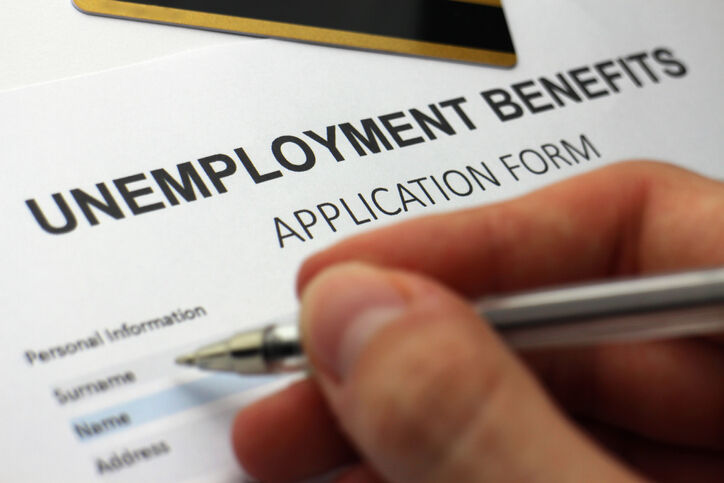PHOENIX — The state House gave preliminary approval Tuesday to cutting the length of time Arizonans who are laid off can collect jobless benefits, with lawmakers saying there are plenty of jobs out there.
Current law says workers let go through no fault of their own can get up to 24 weeks of payments. These are supposed to be equal to one-half of what they were earning, though state law caps that at no more than $320 a week.
Senate Bill 1167 would cut that to no more than 20 weeks when the jobless rate tops 8.5%. The time period would not increase even in times of tighter job markets, such as when Arizona’s unemployment rate topped 11% during the last recession.
Stricter limits would apply during periods of lower unemployment, on a sliding scale down to as few as 12 weeks when the rate drops to 5% or less.
Arizona’s current, seasonally adjusted unemployment rate is 3.7%.
The measure already cleared the Senate and now awaits a final House vote before it can be transmitted to Gov. Katie Hobbs.
But it may not get that far.
Rep. David Cook, R-Globe, said Tuesday he cannot support the measure. He said changes in the system should be worked out through negotiations with all interested parties, just like what happened two years ago when the maximum benefit went from $240 to $320 and the length of benefits when the jobless rate is less than 5% got cut by two weeks.
If Cook doesn’t change his mind — and assuming all 29 Democrats in the 60-member House are opposed — that would leave SB1167 without the necessary 31 votes for final approval.
Some proponents of the bill say any job is superior to collecting unemployment.
Rep. Justin Wilmeth, R-Phoenix, pointed out that, even at the state’s current $13.85 an hour minimum wage, someone working 40 hours a week would earn $554 before taxes and other deductions.
He also said there are five jobs available for every person looking for work.
The latest figures from the state Office of Economic Opportunity put February unemployment at 134,900. These are people considered actively looking for work. And the most recent figures from the Bureau of Labor Statistics put job openings in Arizona at 214,000.
But only about one out of every seven people looking for work is actually collecting benefits.
Rep. Cesar Aguilar, D-Phoenix, said the record shows that people getting payments are not avoiding work, and that the average benefit lasts just 14 weeks.
Whatever the numbers, Wilmeth said people are better off working.
“Minimum wage jobs have flexibility so you can apply for other jobs when you have time,’’ he said.
Aguilar, however, said it’s not that simple.
“Reducing weeks of assistance will force some people to accept jobs that do not match their skill sets and pay less than their prior earnings, which is bad for workers and the economy,’’ he said.
Aguilar also said that indexing the length of benefits to the state jobless rate fails to account for different factors.
For example, he said, the unemployment rate is higher on Native American reservations. Aguilar also said Arizonans who are disabled or have limited education also are more likely to be without jobs.
“At a time when homelessness has gone up, why are we making it harder for people who are in hard times?’’ he asked.
While the state Legislature sets both the level of benefits and the length they are available, the change would not affect the state budget.
Payments come from a special fund financed by a levy paid by employers on the first $8,000 of each worker’s salary.
The actual tax rate is based on how often a company’s workers end up eligible for benefits. Rates range from as low as 0.07% for firms with low usage to as high as 18.78% for companies with a high number of employees laid off or fired for no reason of their own.
New employers are charged a presumptive rate of 2.0%.
US initial unemployment claims increased by 21,000 to 211,000 in the week ended March 4, Labor Department data showed. Mike McKee takes a look at the numbers on "Bloomberg Surveillance."





